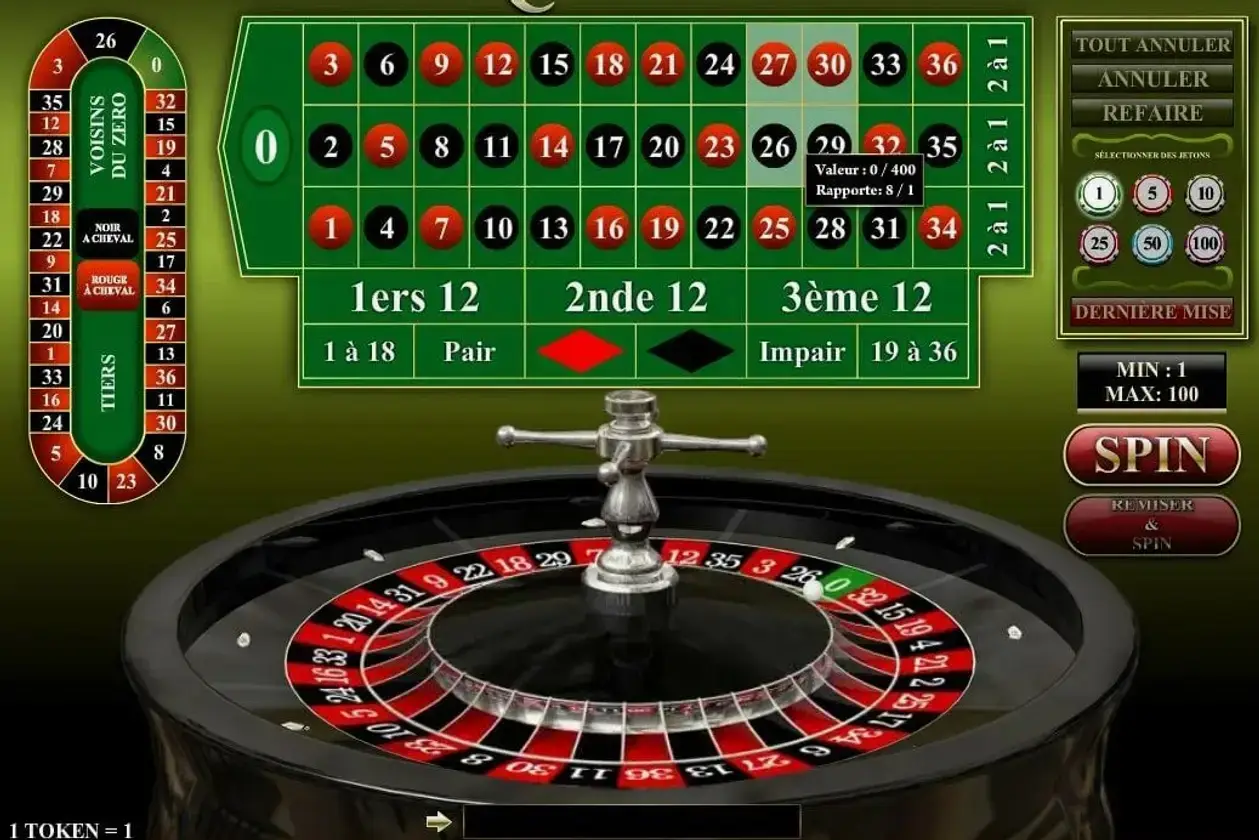Why can a casino delay payouts? This question often comes down to integrations with external payment providers. When withdrawing winnings from online roulette, the platform uses the API of a third-party service—be it a banking system, an e-wallet, or a cryptocurrency gateway. Each of them requires time to process the request, pass anti-fraud filters, check the balance, and perform currency conversions. When an error occurs on the payment node or the transaction limit is exceeded, delays become inevitable.
On the casino side, a software module can detect a status error and freeze the transaction until manual confirmation. The payment is not processed, and support waits for a response from the bank. To the player, this may seem like sabotage, but in fact, the mechanism works to prevent duplicate payouts and account blocking. Delays often occur in roulette winnings through auto-play, where bets and withdrawals are processed within minutes—increasing the load on the transaction module.
Identity Verification and KYC Checks
The second answer to why a casino may delay payouts is related to the legal verification of an account. Any legitimate online platform must adhere to the KYC procedure—Know Your Customer. In the case of winning in roulette above a certain limit (for example, 1000 euros for a Curacao license), the system automatically requests document scans, proof of address, and funding source confirmation.
Some players use others’ cards or anonymous wallets, which contradicts AML policy. The casino, in turn, must suspend the payout until the verification is completed. The KYC request does not always come immediately after a win. Often, the algorithm tracks abnormal behavior—series of bets following a non-standard scheme, continuous doubling, sudden deposits. All of this falls into the risk filter, which suspends the withdrawal until the authenticity of the identity is confirmed.
Violation of Bonus Terms and Winnings Cancelation: Why Casinos May Delay Payouts
When an online casino offers free spins or deposit doubling, it sets strict wagering rules. For example, if a user activated a bonus while betting on roulette but started using the Martingale system to quickly cash out, the algorithm detects a violation. Why can a casino delay payouts in such a case? Because the system must analyze compliance with the conditions.
If the user agreement specifies a bet size limit or prohibits progressive strategies, and the player violates them, the operator must temporarily freeze the funds. Some platforms introduce special timers: the winnings are held in a buffer until the verification service completes log analysis.
Security Measures and Fraud Protection
Another example of why a casino may delay payouts is automatic blocking after suspicious activity. A player logs in from a new IP address, changes devices, significantly increases the withdrawal amount. Such activity is considered a sign of possible account compromise by the regulator. In response, the system activates a protection mechanism: withdrawal suspension, notification sent to support, action analysis initiated.
In roulette, the high frequency of bets makes such cases particularly noticeable. For instance, if a player was betting 50 ₽ and suddenly won 500,000 ₽, the algorithm analyzes: whether the playing style matched, if any third-party scripts were used, if the geolocation changed. The online platform must adhere to security measures: any suspicion triggers an automatic block.
Such cases are especially closely monitored on platforms licensed in the UK or Gibraltar, where the regulator has the right to freeze the account for 30 days to audit all operations. Therefore, security checks are a critically important factor that can cause delays in payouts.
Jurisdiction and License Specifics
Why can a casino delay payouts? It is often determined by the jurisdiction in which the platform is registered. Licenses are regulated by entities such as Curacao eGaming, Malta Gaming Authority, UK Gambling Commission, Gibraltar Gambling Division, and Costa Rica registries. Each regulator establishes its own verification protocols, payout timelines, and transaction limits.
For example, a casino under a Malta license must process requests within 5 business days. Curacao allows up to 14 days, while Costa Rica does not regulate timelines—players have to rely on the platform’s integrity. Jurisdiction also affects complaint accessibility. In legal online casinos like LeoVegas, Betway, PlayOJO, direct communication channels with the regulator are provided. A user files a complaint—the operator must respond and provide evidence of denial.
Why Casinos May Delay Payouts: Common Reasons for Blocks
Why can a casino delay payouts in roulette? Here are the most common situations:
- Player provided incorrect details when requesting a withdrawal.
- System detected a device or country change during login.
- Algorithm recognized a discrepancy in bets compared to bonus program rules.
- Payment gateway is temporarily unavailable or switched to manual processing mode.
- Source of funding verification requested.
- Regulator initiated an unscheduled check or audit based on a complaint.
- Player uses multi-accounts or VPN, violating licensing agreements.
Each of these points requires manual verification and coordination with the jurisdiction. This is especially important in roulette, where the short betting cycle quickly increases turnover, triggering protective filters.
How to Avoid Delays and Protect Yourself
Why can a casino delay payouts in roulette? It always involves a combination of technical, legal, and organizational factors. Reliable sites operate under a license, provide advance notice of possible checks, publish KYC protocols, and clearly define withdrawal limits. Problems arise where the transparency chain is broken: fake resources, scam jurisdictions, non-functioning regulators.
Players can protect themselves by:
- choosing a platform with a genuine license registered in the UK, Malta, or Gibraltar jurisdiction;
- verifying the license number in the registry;
- reviewing the KYC section, withdrawal limits, and timelines;
- checking communication channels and testing support before depositing;
- avoiding platforms with third-level domains and without jurisdiction indication.
This approach reduces the risk of delays and increases the chances of fair play. Roulette remains one of the most transparent casino tools when conducted by a licensed operator.
 en
en  de
de  ar
ar  es
es  hi
hi  fr
fr  nl
nl  it
it  pt
pt  el
el 









